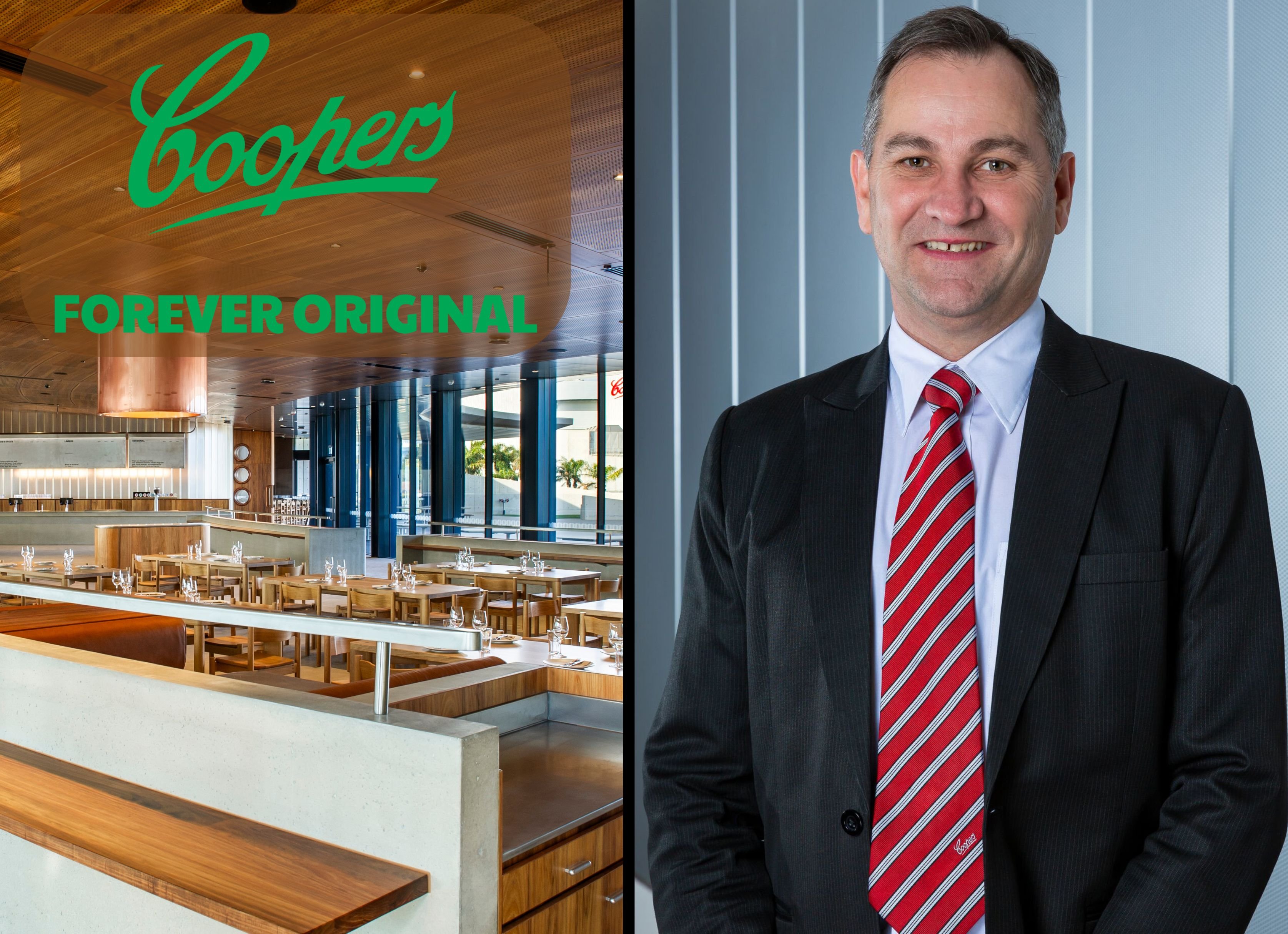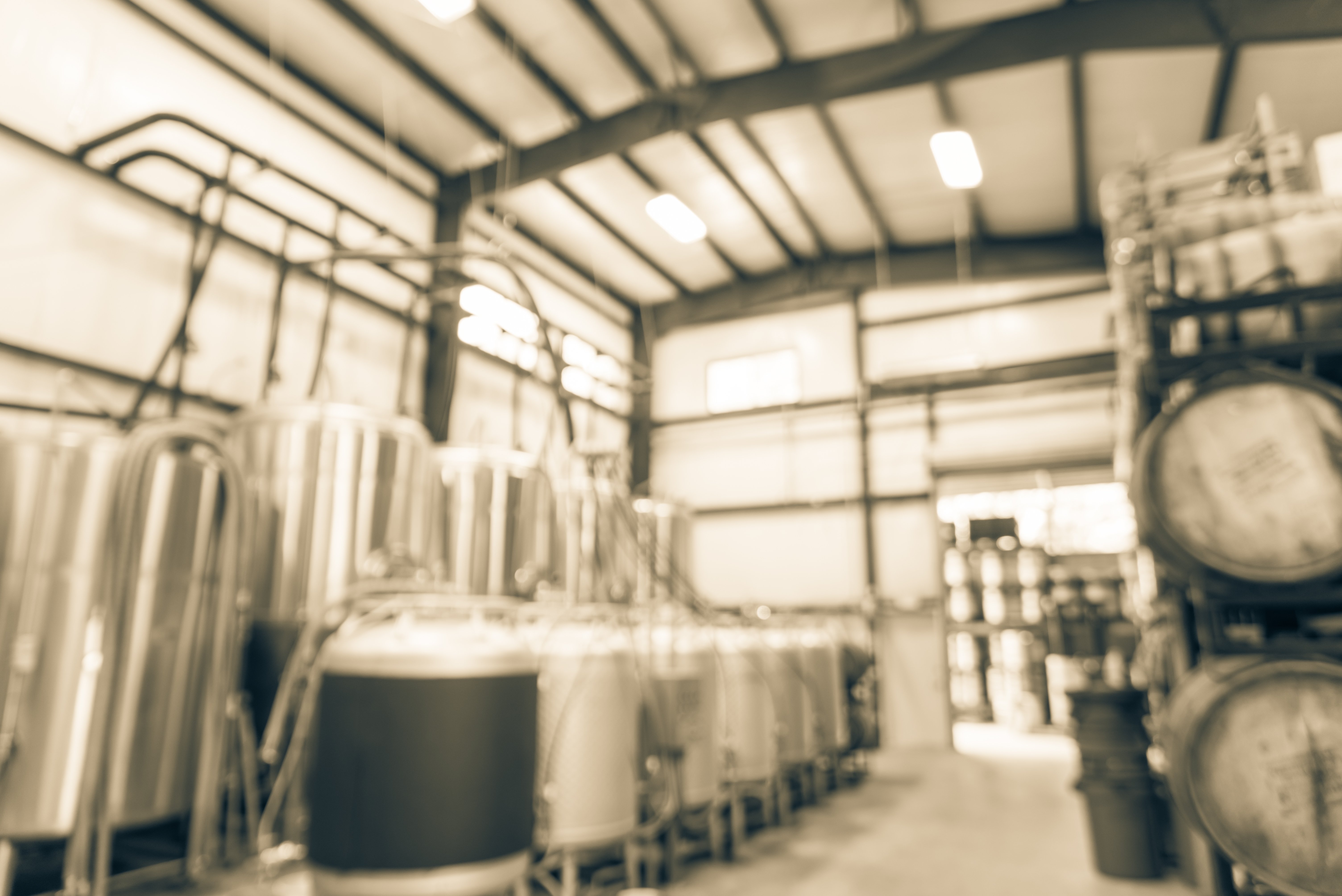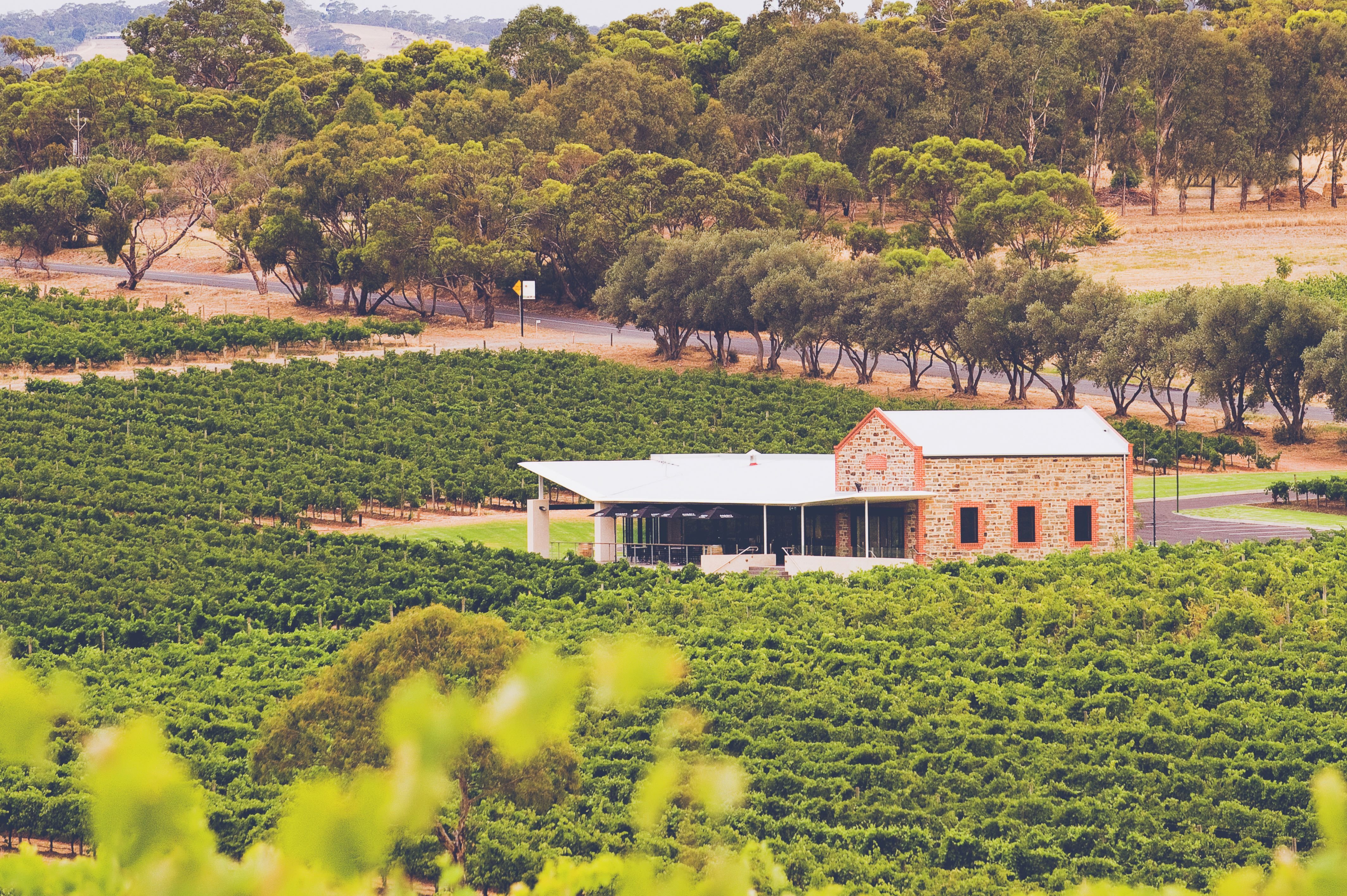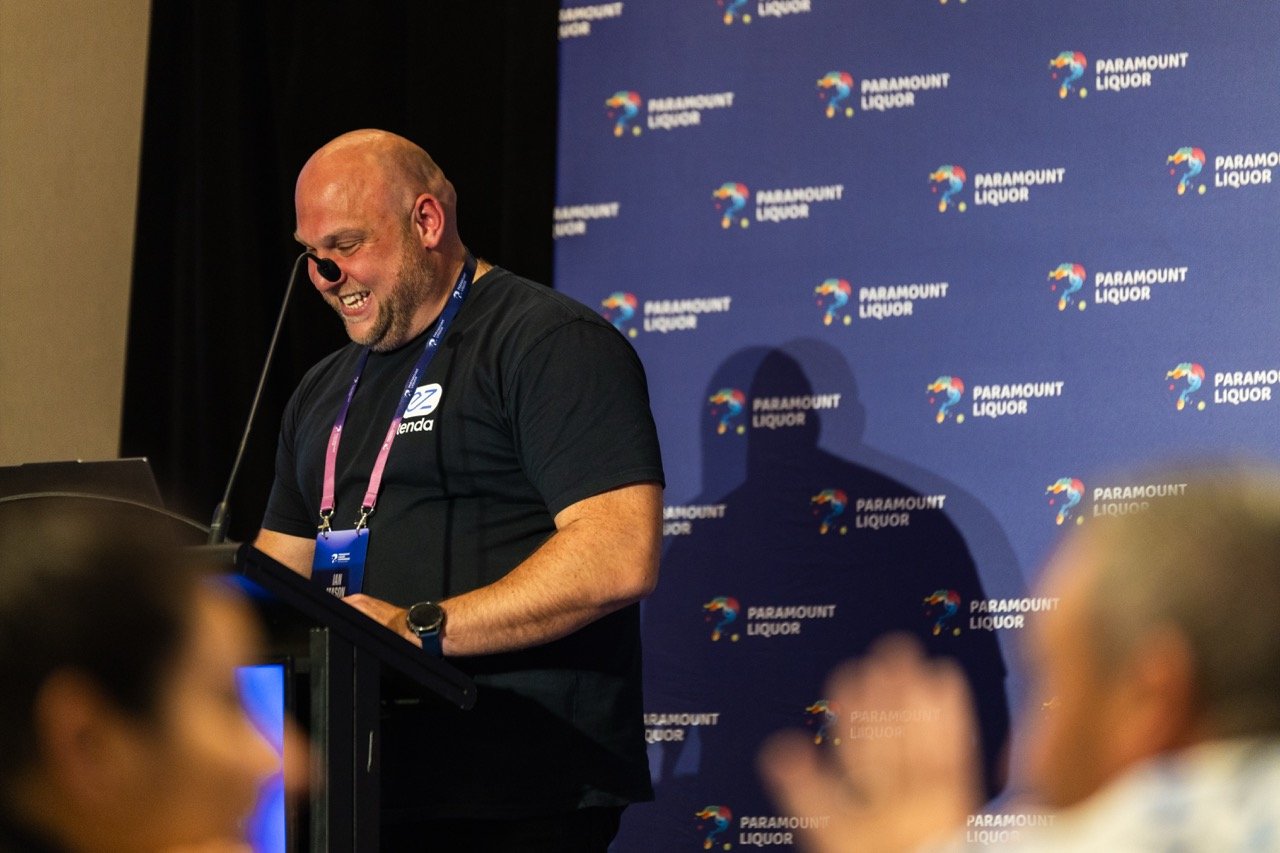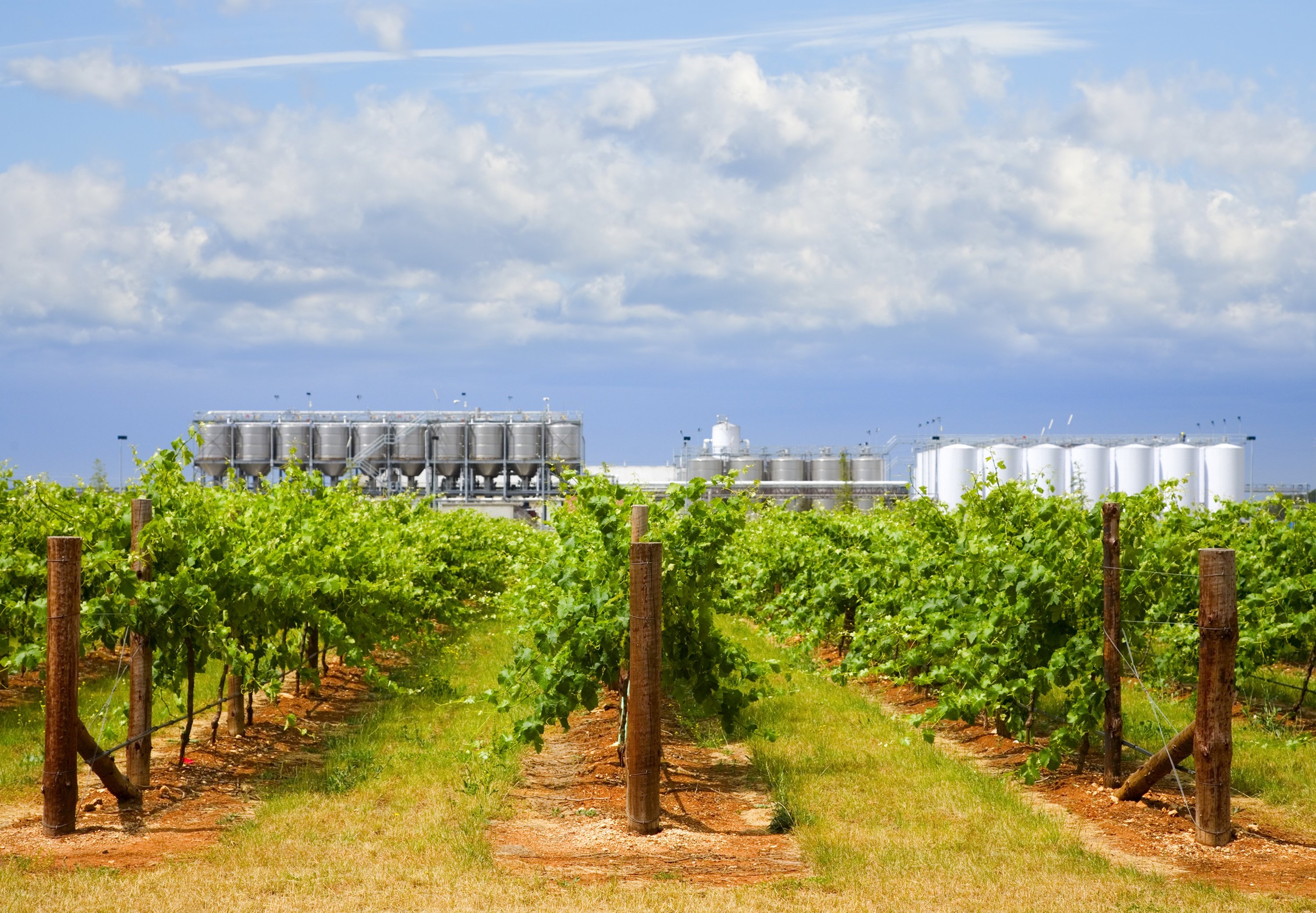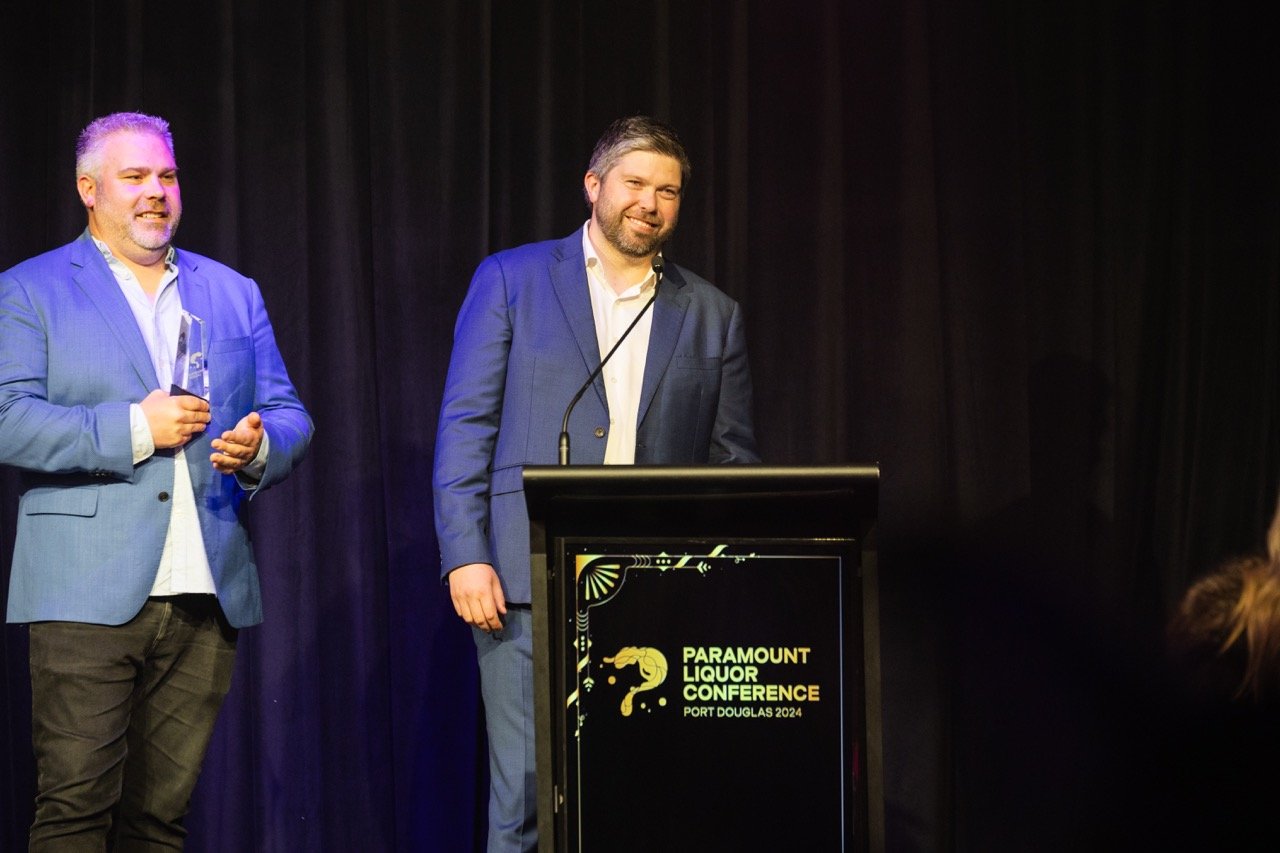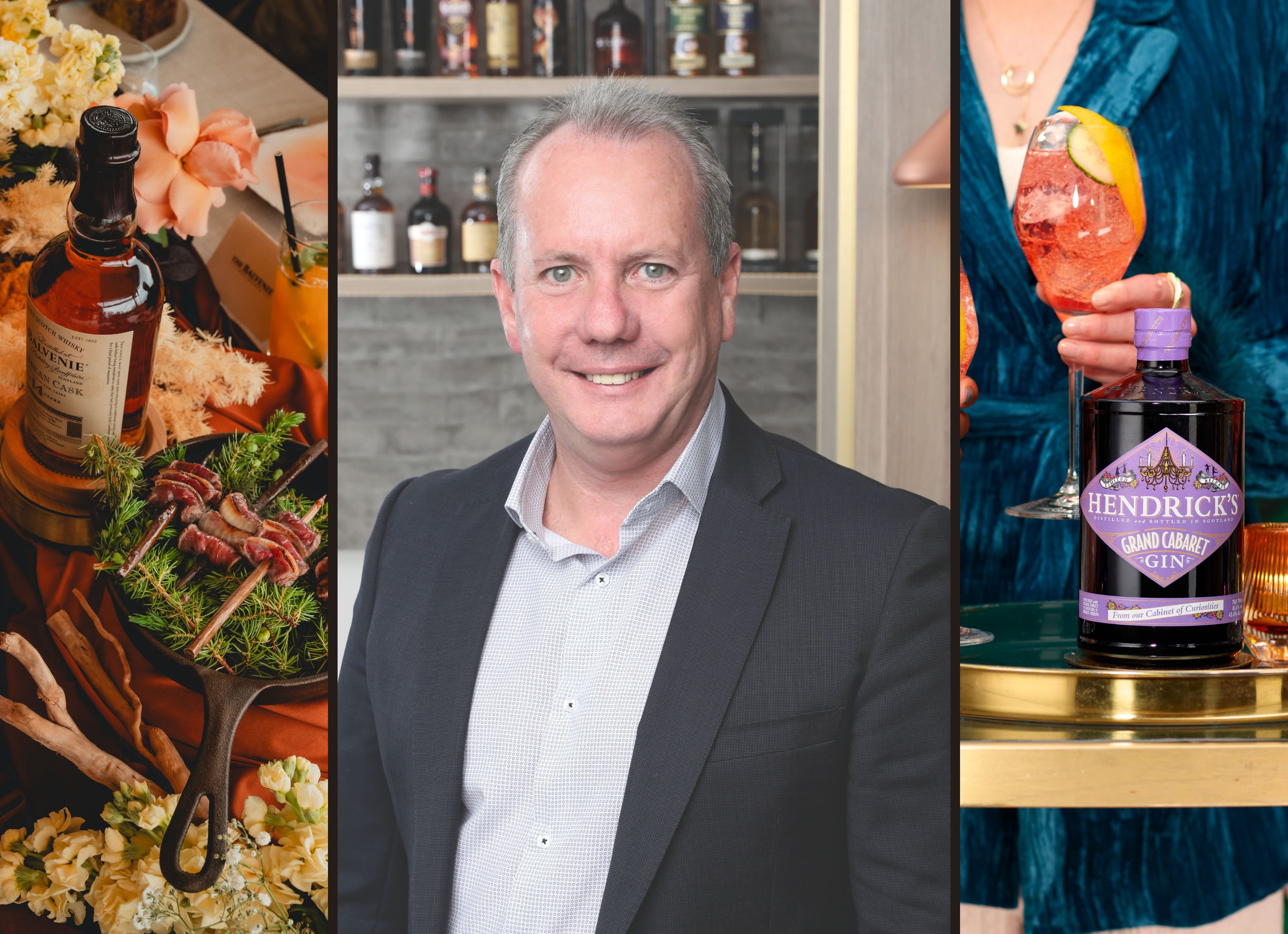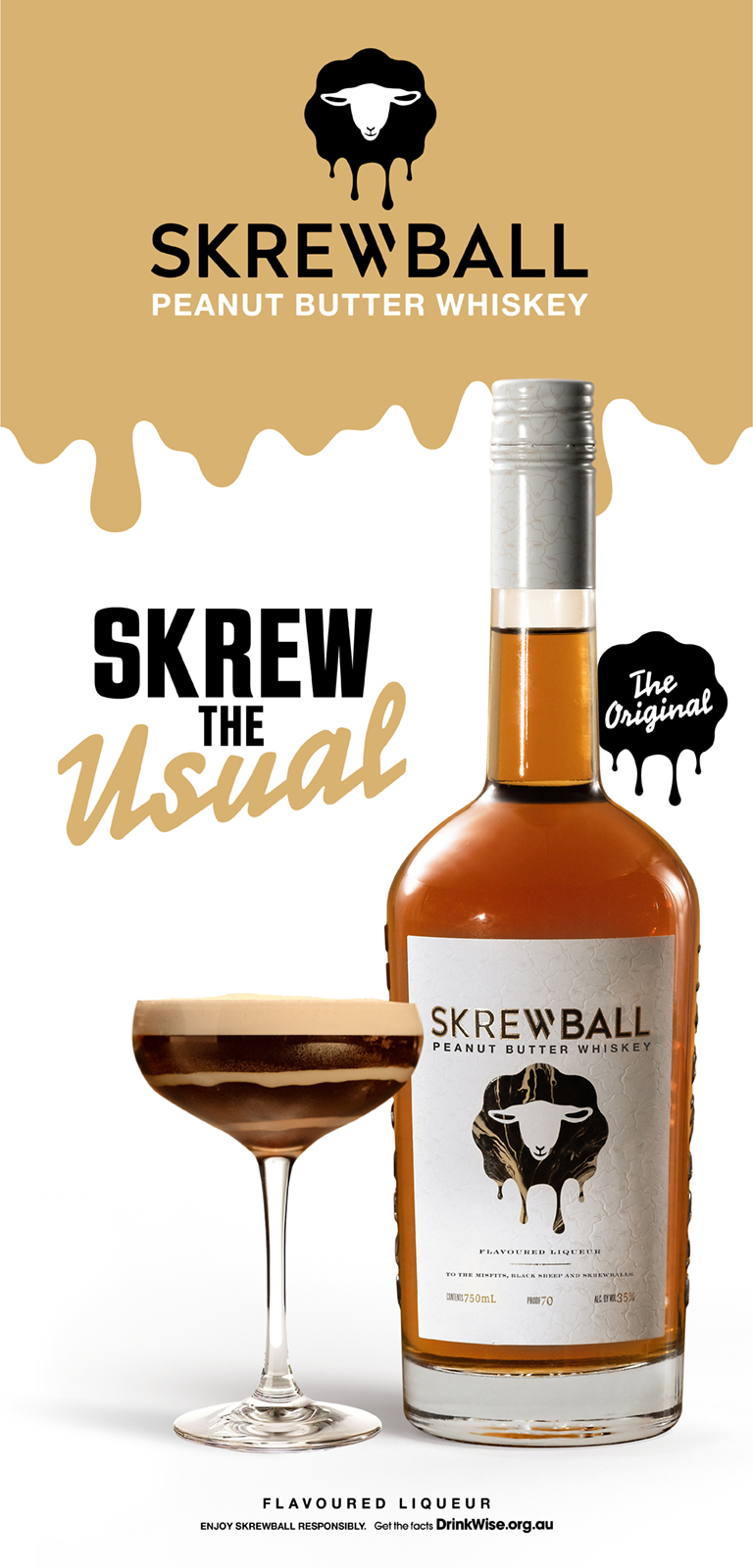Considered the centrepiece of alcohol marketing regulation in Australia, the ABAC Scheme is a non-profit run by a mix of government, industry, and advertising representatives. It is quasi-regulatory in nature and is entirely funded by membership levies, direct signatory fees and pre-vetting fees.
The ABAC Responsible Alcohol Marketing Code establishes key standards for the content and placement of alcohol marketing in Australia.
In this article, Independent Chair Tony Smith explains ABACs current focus of monitoring compliance with social media age restrictions:
“ABAC’s latest initiative is commissioning JWS Research to undertake an independent random audit of alcohol brand age restrictions on social media (Instagram, Facebook and Youtube). It is an ABAC Code requirement that alcohol and alcohol alternative marketers apply available age restrictions to exclude minors from viewing their alcohol marketing on social media. This builds on a similar audit in 2022 but will expand the brands tested to also include those that have not signed up to the ABAC Scheme, to test responsibility in the wider alcohol industry. The last audit found 71% compliance across Instagram brands tested, and we would like to see an improvement this time. All alcohol and zero alcohol brands should check they have age restrictions in place for their social media accounts. ABAC has freely available checklists on its website to assist companies with the steps needed to activate age restrictions.
2024 has been a busy year for ABAC with an independent review of its operations and governance finding ABAC to be self-regulatory best practice, changes to rules applying to ABAC Complaints Panel process to improve the efficiency of that system and the publication of a new Sponsorship Best Practice Guide. We encourage industry to familiarise themselves with and adopt the recommendations included in this latest Best Practice Guide.
During 2024, ABAC has seen complaints, determinations and breaches of the Code increase. Pre-vetting advice requests have declined over the past two years but are still at levels higher than in the first year of the COVID pandemic. With rising Code breaches, we remind the industry that statistically they have a much lower (almost negligible) risk of a breach of Code standards if they first seek advice from the ABAC Pre-vetting Service.
Digital marketing communications, especially on Instagram, are most likely to raise the concerns of complainants, and as in prior years, feature heavily in upheld determinations. Alcohol packaging is also an area that commonly attracts complaints and breaches of the Code, although at lower levels than last year.
At the time of writing this report, the two most frequently breached Code standards were the safety standard, mostly due to complaints about social media posts depicting the consumption of alcohol before or during water-based activities, particularly in swimming pools and the standard preventing claims that an alcohol beverage offers a health benefit or helps a person overcome problems. Alcohol marketers must take care not to suggest their product has a health benefit, is needed to relax or will help them with stress or other issues, as breaches of this standard are increasing.”
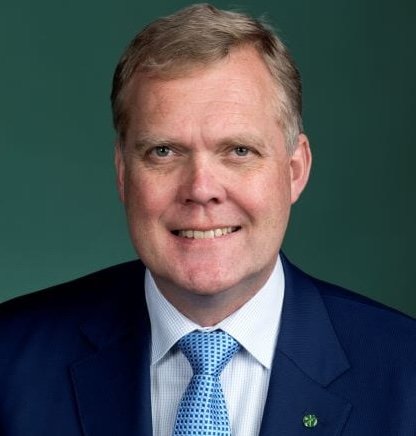
This article was written by Tony Smith for Drinks Guide 2025, which was distributed nationwide in December and can be viewed digitally here. If you did not receive a physically copy and would like to be added to the Drinks Trade/Guide magazine mailing list, get in touch with the team now.
Share the content

